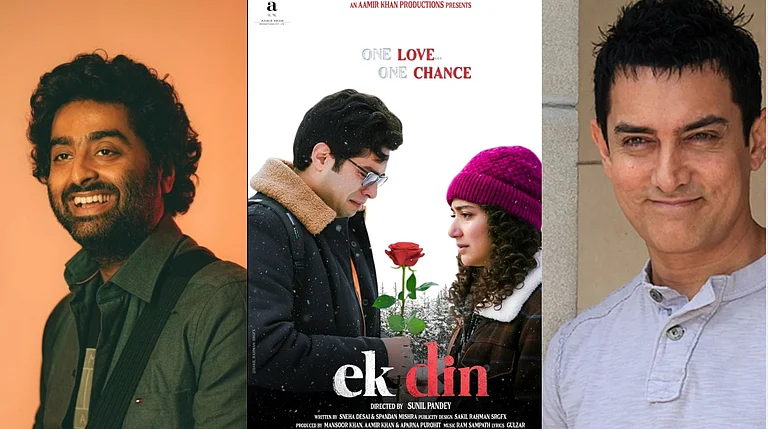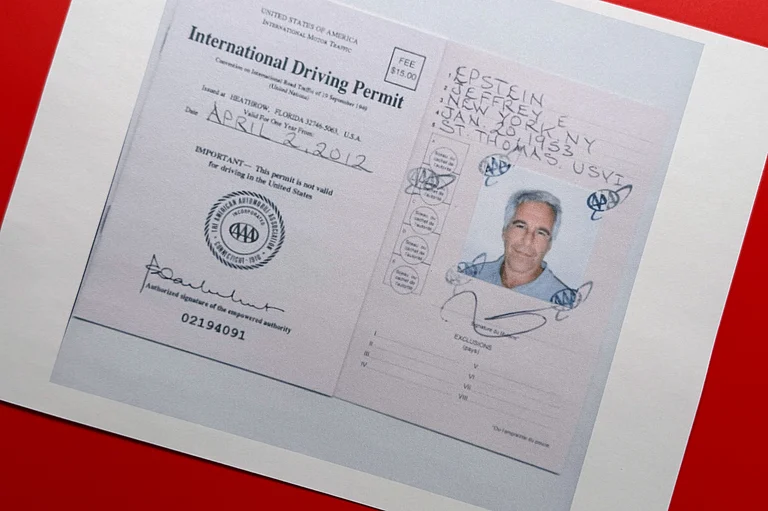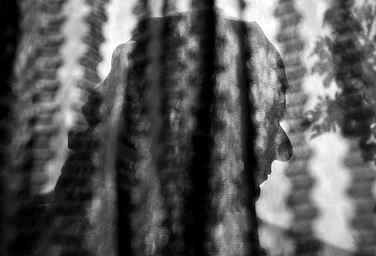Getting Physical
This Tuesday members of Bengal’s Legislative Assembly went beyond their usual verbal duals and attacked one another physically while the House was in session, kicking and punching, hitting and slapping. Two women MLAs, one from the CPIM (Deblina Hembram, who is a former minister) and the other from the TMC (Mahamuda Begum), grabbed and pulled each other by the hair, each alleging that the other started it. Each of them said that the other pushed and shoved her and threw her down and banging her head against a bench. The trouble reportedly started when the Speaker Biman Banerjee disallowed the leader of the Opposition Surya Kanta Mishra to read out the full text of a motion it wanted to bring against government for not initiating investigations into “dubious” chit funds allegedly operating in the state. CPI(M) MLAs descended to the well of the house and started shouting slogans. Suddenly three of them (Susanta Besra, Hazmul Haque and Amjad Hussain) grabbed the Speaker’s microphone and tried to bring down a lamp from his table. In the ensuing confusion the recession was announced. When the House resumed, the Speaker suspended the three MLAs. That’s when all hell broke loose and the MLAs started attacking each other. By the time order was restored in the House, five MLAs had sustained injuries serious enough for them to have to be taken to hospital for first-aid and treatment. The incident is a blotch on the reputation of state Assembly, which though was not new to unruly scenes (like in 2006 when TMC MLAs vandalized furniture inside Assembly when Mamata was not allowed to enter Singur) has never before witnessed physical violence of this nature. Interestingly Chief Minister Mamata Banerjee, who was at Writers Buildings at the time, did not comment on the incident, which has been referred to as a “street fight” inside the Assembly House.
If Only She Knew...
Instead Mamata Banerjee made another rather controversial comment by stating that the financial condition of Bengal was so bad that if it was put up for auction there would be no takers! She said, “We have a hand-to-mouth existence.” And then the explosive, “Aagey jaanley ei jaygay aastam?” (If I had known this earlier – that the state was in such condition – would I have chosen to be here?). Whether it was tongue-in-cheek, it was still obviously a regret that she had become the leader of a state that was supposedly left penniless by the previous Left Front government. Now, the question we have for Didi is: “Really? She didn’t know? Wasn’t it exactly this that she set out to correct by launching her Left-hatao, Bengal-bachao movement?”
A Glimmer of Light
In this bleak scenario, here's a heart-warming story from one of the local newspapers that provides some hope about Calcutta and its people. It has been a rainy week. A 95- year-old woman, Bhubaneshwari Devi, who runs a small shop, had got lost in the fog and drizzle, on her way home. When she didn’t return home, her frantic son rushed to the police station to report that she was missing. In the meantime a frail old lady was found, barely conscious and bleeding profusely, on the side of a road in some other part of the city. Many cars sped by. Many pedestrians hurried past. Not wanting to get involved. But then there he was. Dipak Mondal, a local youth, who spotted her, drenched in rain, shivering in the cold. He could have rushed home too like the others to take cover and evade the moment. He stopped. He took his ears close to the old lady’s lips, muttering incoherently. She was pleading. She had been bitten by a street dog. She thought she was dying. Mondal was on the verge of tears. He called his friend a taxi driver, Manoj Jha. They took her to hospital. Had her treated. Bought her a shawl and a sari. They got the taxi union to inform all the police stations. Finally she reached home. Such acts of selflessness and kindness are not uncommon. And there are those who would say Dipak and Manoj had only done what was right. But their act must be compared with those of many others who just passed by. I wonder how many of us are like Dipak and Manoj? How many of us are like the cars and pedestrians that sped by, rushed on home? The Dipaks and Manojs are becoming rarer and rarer. But it is a matter of some hope that they are still there. Glimmering like stars through the fog and drizzle on cold and grey days.
Into that Heaven...
In the midst of the worthy tributes that are pouring in from across the world honouring one of the greatest musicians of our times, Ravi Shankar, I have a few, faint recollections of my own, about moments spent in the Maestro’s presence. I remember seeing – not meeting – Ravi Shankar for the first time when I was a child. My father had interviewed him for Voice of America radio and they had become friends. When he came to Washington DC, my parents met him. And when they went to California, they met him there. Before I became aware of the magic that his music was, I remember him as a human being full of warmth. He was gentle and soft-spoken but laughed heartily. I remember him speaking about an instance when Ustad Allahuddin Khan, his guru and mentor whom he loved like a father and who in turn treated him like a son, scolded him during a lesson. As young Ravi was doing riyaaz, Khan Saab, perfectionist and exacting and unrelenting, kept telling him to hit the chords with more strength. Suddenly he was furious and said, “Kobzi tey zor nai? Jao churi poro ga.” (Don’t you have any strength in your wrists? Go and wear bangles.) Ravi, who was sensitive and emotional, was so upset he felt like crying. He decided that he would run away. In fact, he went to the railway station to catch the next train away from his ustad's house. As he was waiting, he felt someone touch him on the shoulder. It was his friend and fellow disciple and his guru's son Ali Akbar Khan who had come to take him back. Ravi Shankar's humility was something that I have often reflected on later. In spite of his greatness, or perhaps because he was great that he was so humble, was, I am sure, rooted in his past, that ancient tradition, now virtually lost, of the Gurukul where the disciple learnt to surrender completely to his teacher. I have been to Ravi Shankar's live concerts, and been mesmerized by his music. Those strains from the strings of his sitar can only be described as divine. Heavenly. I believe he has gone there where his music came from.


























